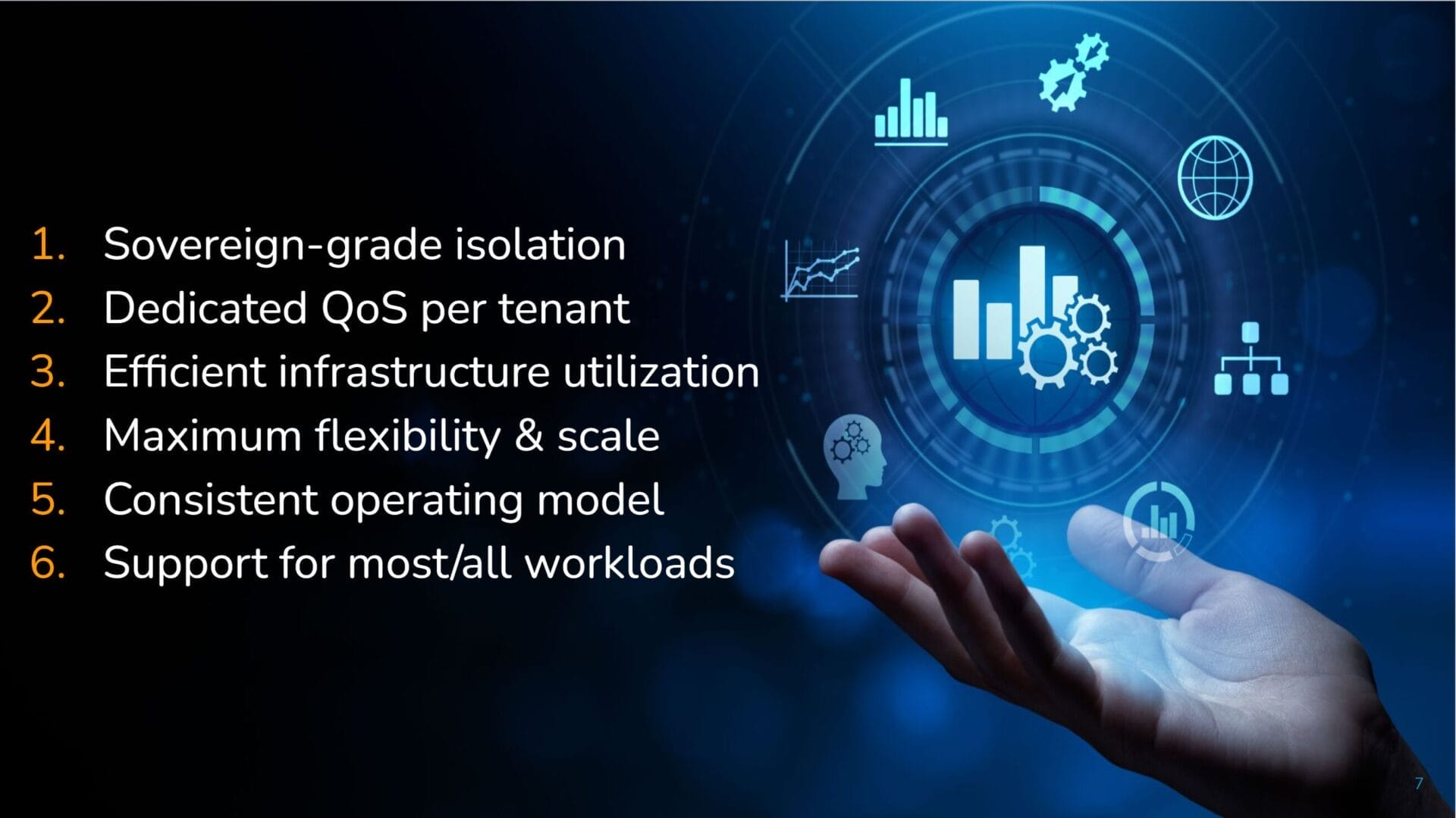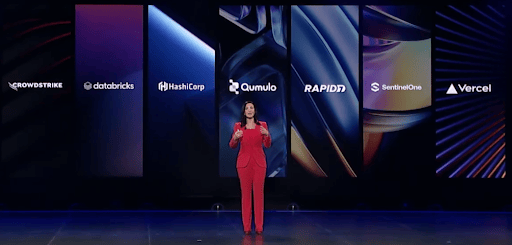“By its definition, a data lake accepts any data, without oversight or governance. Without descriptive metadata … the data lake risks turning into a data swamp.” – Nick Heudecker, formerly at Gartner
Introduction
Over the past decade, the term data lake has been used so liberally that it often obscures more than it clarifies. What most organizations actually operate today is a mosaic of file systems and object buckets strewn across on‑premises arrays, multiple hyperscale clouds, and edge facilities. The costs are measured not simply in petabytes and dollars, but in lost insight, operational drag, and—too often—avoidable security lapses.
With the introduction of the Qumulo Stratus architecture, our cryptographically isolated, tenant‑aware data platform, we have taken a decisive step toward the ‘Universal Data Lake’—a boundary‑free, policy‑driven data ecosystem that can stretch from private data centers to every major cloud, without ever sacrificing sovereignty or performance.
A Foundation for the Universal Data Lake
Qumulo Stratus combines the benefits of sovereign-grade tenant infrastructure isolation with a share-nothing data core, using data encryption to maintain data isolation and privacy. Each tenant connected to Stratus maintains its own encryption keys and enterprise services, including AD, DNS, SIEM, etc. As data is received at the Stratus protocol engines, it is encrypted with the tenant’s key and stored in Qumulo DataCore. The result is simple, but profound:
- Data locality becomes a choice, not a constraint. Workflows can burst to AWS today, repatriate to an on‑prem GPU farm tomorrow, and archive to Azure next quarter without refactoring applications or retraining users.
- Security is not “bolted on.” Each tenant owns its cryptographic destiny—keys, KMS, and audit trails—so file and object payloads remain opaque to every other tenant and even to Qumulo data core administrators.
- Performance scales linearly. Compute‑heavy tenants deploy their own NeuralCache layer and scale I/O capacity to demand; capacity‑centric tenants simply consume the pooled DataCore from Kubernetes containers or VMs. No one is punished by a noisy neighbor.
These properties reshape market expectations and technical capabilities in three domains that matter to all of us – civic resilience, academic innovation, and national security.
Municipal Government: Isolating Critical Services Without Silos
City and county heads of infrastructure and CIOs tell me the same story: their ArcGIS mapping/imagery, body‑cam archives, Splunk observability, Rubrik backups, Genetec video surveillance, public works CAD, and public‑health records live in radically different places, each with bespoke security postures. Stratus allows a municipality to collapse these islands into a single namespace while maintaining cryptographically sealed compartments for city administration, police, public works, and health departments.
When ransomware hits—and sadly, it will—incident responders can surgically sever and restore an impacted tenant without collateral damage to the rest of the city’s services. Meanwhile, budget‑strapped IT teams gain one set of analytics, one replication policy, far more efficient resource utilization, and the ability to use public cloud as an on-demand disaster recovery data center that is far outside of the ‘blast radius’ of service-impacting natural disasters.
Research Universities: Fusing Academic Freedom with Enterprise‑Grade Control
Modern universities straddle two worlds: open, collaborative science and enterprise‑grade business operations. Historically, that duality forced institutions into parallel infrastructures—one for academic records, finance, and administrative systems, another for engineering, genomics, proteomics, or weather modeling. Stratus flips the script.
Graduate students in computational chemistry can spin up isolated, high‑performance caches on any cloud regions that fit their grant budgets, while the finance office continues to run its ledgers on ironclad on‑prem hosts—all inside the same logical data lake. Oversight committees obtain auditable proof that PII from student records never co‑mingles with research data subject to export controls. Innovation flourishes, storage engineers have a better work/life balance, and compliance officers sleep at night.



